The 20th Central Committee of the Chinese Communist Party is set to meet on 16 October in what could be a momentous occasion for Xi Jinping.
Xi, eyeing an unprecedented third term at the helm, is on course to become leader for life – putting him on par with a figure in Chinese history as towering as Mao Zedong.
Let’s take a closer look at the upcoming meet, which will elect a new Central Committee to act as the party’s top decision-making body until 2027 and what it means for Xi:
What we know about CPC meet
As per Eurasian Times, 2,000 members of the body will meet to select the new faces for the party’s Central Committee.
They will choose a 25-member politburo will be formed, which itself will choose a seven-member standing committee. This is the most powerful organ whose business is to select government office bearers, as per the report.
While the exact make-up of the next Politburo Standing Committee will give clues as to just how much Xi has neutralised what is left of opposing factions, few party-watchers expect significant change in direction or approach.
The timing of the event is also foretells what is to come.
As per the report, the event is usually held in November with frantic lobbying and canvassing on its even. However, Xi bringing the event forward to mid-October makes observers feel he is confident that he will secure an extension.
Quick Reads
View AllLin Li, a Chinese political law expert at the University of Vienna, told the outlet Xi would not have approved bringing the event forward were he not confident,
As for the event itself, which occurs twice a decade, it is for all purposes a ‘black box’.
As per Politico, all we know for sure this year is that he Party Congress will likely approve an unspecified amendment to its constitution (already rewritten to allow Xi’s third term)
“Beyond that, the specific agenda is a mystery. The proceedings aren’t open to the public and the results — including the approval of a work report that outlines the Party’s top priority policies for the next five years — often trickle out only weeks after the event. Xi has limited his comments about the upcoming Congress to boilerplate propaganda points,” the piece noted.
“The 20th CPC National Congress will offer a panoramic prospect of the two-stage strategic plan for China’s drive to build a great modern socialist country in all respects,” the outlet quoted Xi as saying in July.”
Ahead of the meet, Xi has briefed top party leaders on a draft work report, which usually summarizes the major achievements of the party, as the seventh plenary session of the 19th Central Committee opened on 9 October.
The state media report on the opening of the plenary session, expected to run four days, was rather short with only four lines of text of the above-mentioned information and it is expected that there will be a longer report when the plenary session ends.
The work report presented by the Central Committee general secretary to the party congress usually summarizes the major achievements of the party in the span of the past five years. It further maps the country’s development direction in the coming years, reported _Caixin Global c_iting state media.
During the meeting of the Central Committee, of which Xi is the general secretary, Wang Huning, the Standing Committee member of the CPC, talked about a draft amendment to the Communist Party constitution.
Xi eyes history
Xi is set to maintain or tighten his control, analysts say, a concentration of power that has seen increasingly dogmatic policy implementation that risks unintended consequences as competing views and feedback are discouraged or quashed.
Xi at the end of his third term would become the second longest-serving head of the Chinese Communist Party (CCP) after Mao Zedong, who was in control of various positions for 33 years and 174 days.
Xi would also surpass the tenure of Jiang Zemin who led the CCP as General Secretary for 13 years and 145 days from 1989 to 2002.
His third term, upending the succession norms in place since the 1990s, would provide Xi with an opportunity to further stamp his authority on the party, military, and government with the intent of creating an enduring legacy.
There’s also a possibility Xi’s third term would put him on a collision course with the United States.
“I would anticipate ‘more of the same’: more domestic repression, more external assertiveness and possibly aggression. Xi is not about to change course, and certainly not in a more liberal or cooperative direction,” said David Shambaugh, founding director of the China Policy Program in the Elliott School of International Affairs at George Washington University told Politico.
“Xi and China may become even more brazen externally — further solidifying the de facto alliance with Russia, confronting the United States, probing and attempting to undermine Western resolve and U.S. alliances worldwide, leveraging China’s power against its Asian neighbors and Taiwan, and continuing to broaden China’s military footprint worldwide,” added Shambaugh.
Human rights groups are also worried.
“President Xi’s precedent-breaking third term bodes ill for human rights in China and around the world,” said Yaqiu Wang, senior China researcher at Human Rights Watch. “As the space for civil society activism further shrinks in China, it is imperative for the international community to take consequential actions to constrain Xi’s abuses.”
Xi consolidates power, conducts purges
Xi has steadily consolidated power, reducing space for dissent and Opposition since becoming party general secretary a decade ago. Xi’s style has been to silence rivals through an anti-corruption campaign and subsequently by so-called “party rectification campaigns”.
Xi has embarked on a “final round of purges” ahead of a major Chinese Communist Party congress, wielding his long-running anti-corruption campaign to cement his grasp on power, analysts say.
When he became leader a decade ago, Xi vowed to root out dishonest officials, both senior “tigers” and low-ranking “flies”.
More than 1.5 million officials have been punished since then, according to data from the party disciplinary body, and China’s ranking on Transparency International’s Corruption Perception Index has improved.
But critics say the campaign is also a thinly veiled political tool that has helped Xi eliminate his rivals – and the build-up to this year’s congress has seen more heads roll.
About 1,100 officials have been caught in the party dragnet since the beginning of this year, according to party data.
Among them are former deputy public security minister Sun Lijun and former justice minister Fu Zhenghua, who will now spend the rest of their lives behind bars.
“This final round of purges, masquerading as an anti-corruption campaign, will ensure that Xi will have tighter if not absolute control over personnel and policy issues (at the Congress),” said Willy Lam, a political analyst at the Chinese University of Hong Kong.
“Despite all signs that his major goal of a third term is pretty much guaranteed, Xi is still paranoid about his control over appointments to key decision-making bodies within the party,” Lam added.
‘Damaging party unity’
Once a trusted lieutenant of Xi, Sun oversaw security in Hong Kong during months of unrest in 2019 and was even sent to Wuhan at the start of the Covid pandemic.
But he reportedly fell from grace because of his political ambitions, and was officially accused of “seriously damaging the unity of the party”.
Sun confessed on national television in January to taking bribes worth $14 million, hidden inside boxes of what appeared to be seafood.
Others allegedly in his “political clique”, including Fu and three former police chiefs, were also rounded up and given harsh sentences.
“Sun Lijun’s case is linked to Xi’s absolute control of the security apparatus, which is indispensable for his political agenda,” said Yun Sun, director of the China programme at the Stimson Center think tank in Washington.
“It also sends a stern message to anyone with dissenting views about Xi’s leadership.”
Chinese Communist Party politics – despite the facade of unity – has always been deeply factional with different groups vying for influence.
“There are some who are anti-Xi but very pro-party. They don’t like where the party is heading under him,” Alex Payette, chief executive of consultancy Cercius Group, told AFP.
The congress presents an opportunity for Xi to reduce that threat by promoting close allies to positions on the Politburo’s seven-person standing committee, the apex of power.
‘Absolute loyalty’
More than any other Chinese leader since Mao Zedong, Xi has built a strong personality cult, with children as young as 10 required to take lessons in “Xi Jinping Thought”.
He has already brought under his wing the three critical power centres of the party – the military, the propaganda machine and the internal security apparatus – by rooting out dissenting voices and replacing them with his proteges.
For example, the recently appointed minister of public security Wang Xiaohong has known Xi at least since the mid-1990s, when they were both working in southeastern Fujian province.
“Xi is cherry-picking people who have shown absolute loyalty to him for decades,” Wu said.
Surrounding himself with allies going into his next term has become even more important given the significant political headwinds Xi faces, including an ailing economy, deteriorating relations with the United States and a strict zero-Covid policy that has accelerated China’s inward turn from the world.
“The anti-corruption card is a potent tool for Xi to send a message to the still-considerable number of opponents in the upper echelon of the party,” analyst Lam said.
“Any Opposition could mean a jail term… or at least ugly harassment by the anti-graft agencies such as 24-hour surveillance.”
During his second term, Xi established his authority by centralizing the decision-making structure of the Chinese system away from state institutions and into a number of small leading groups and committees, nearly all of which are staffed by his close supporters and chaired by him, according to The Hong Kong Post.
Xi also ordered the arrest the former Chinese public service employees taking bribes.
Analysts believe this will help to consolidate his authority over the party.
On 23 September, a Chinese court sentenced the former Vice Minister of public security, accused of taking over 646 million yuan in bribes, to death. The former Vice Minister, Sun Lijun has been stripped of all his political rights and all his personal property was confiscated, according to Global Times.
One of Xi’s first moves after winning China’s top job as general secretary of the Communist Party in 2012 was to reinstate regular “democratic life sessions” with fellow leaders in the 25-member Politburo, a staple of the Mao Zedong era.
Restoring the practice, which entails self-criticism in front of the general secretary, marked a small but symbolic example of how Xi has departed from China’s collective leadership of recent decades and accumulated power unseen since Mao’s time.
Xi’s power consolidation appears to be unimpeded by challenges that have coalesced in a chaotic year, from a stumbling economy to an increasingly out of step zero-COVID policy and support for Russia’s Vladimir Putin.
In his decade at the helm, Xi has prioritised security, expansion of the state’s economic role, a strengthening military, a more assertive foreign policy and intensifying pressure to seize Taiwan.
When elders picked Xi to be leader, the son of a Communist Party revolutionary was considered a safe choice to put the party first and refresh an institution that had grown sclerotic with corruption and less relevant in a liberalising economy.
Xi’s elevation to the Politburo Standing Committee in 2007 fuelled hopes among liberals and western governments that he may be a reformer. After all, his father had helped then-leader Deng Xiaoping to implement China’s landmark reform and opening up when he was Guangdong province party secretary.
But Xi took his party-saving mandate seriously, putting the party squarely back into the centre of life in China, and himself at the centre of the party.
In the name of fighting corruption and restoring public faith in the party, 4.7 million officials had been investigated under Xi as of April 2022. Many were purged, including rivals for power like the popular former Chongqing party chief Bo Xilai. Such moves had the benefit of rooting out political enemies and promoting his own people into newly vacant jobs - while winning public support.
Xi also oversaw a crushing of dissent and forbade “disrespectful” discussion about the party among members. All comments critical of Xi were scrubbed from the internet.
In 2016 he made himself the “core” of the party and in 2018 he ditched the two-term limit on the presidency, clearing the way to rule for life.
Big country, big boss
Official scholars argue a country as big and diverse as China requires a strong central authority, and strong leader, to get things done and prevent chaos.
They point to China’s success at poverty alleviation, its efficiency at building infrastructure and organising events such as this year’s Beijing Winter Olympics, and the effectiveness at extinguishing COVID outbreaks.
“Part of the story is that when he came to power many within the CCP hoped for a stronger response to the increasingly severe challenges it faced,” said Joseph Torigian, an assistant professor at American University and expert on authoritarian politics.
He said while the party is not incapable of course correction, many people at the top are products of the same system as Xi and it is likely that they share similar views.
Dali Yang, professor of Chinese politics at the University of Chicago, said while Xi is inclined towards wielding autocratic power he may feel compelled to be more compromising in a third term, especially given a growing backlash to zero-COVID policies.
“Before the latest COVID outbreak, even when his policies inflicted pain, people largely supported them. Today, with the economy in doldrums, and with the country stuck in zero-COVID, he may have to be more open to different ideas,” he said.
Travel restricted, dissent stifled
Many Twitter accounts have uploaded videos of the deserted airport in Beijing, showing that travel is severely restricted in and out of Beijing until the 20th Party congress is completed.
Chinese authorities are making every effort to throttle the voice of critics of the government policies, a media report said.
The posts of Lao Dongyan, a Criminal Law professor at Tsinghua University, have been deleted from the Chinese social media platform, Weibo, The Hong Kong Post reported.
She usually posts about the unsparing in criticizing the Chinese government on Covid-19 restrictions, widespread use of facial recognition technology and collecting data and personal information to monitor specific identities and social relations anytime, everywhere.
Earlier, Sima Nan, a Chinese commentator known for his opposition to pseudoscience and fraud in Qigong, a type of moving meditation, was banned since August from every social media platform.
Similarly, the posts of He Weifang, a law professor at Peking University, have been censored multiple times. He is also a strong critic of Chinese policies, reported The Hong Kong Post.
With inputs from agencies
Read all the
Latest News,
Trending News,
Cricket News,
Bollywood News,
India News and
Entertainment News here. Follow us on
Facebook,
Twitter and
Instagram.


)
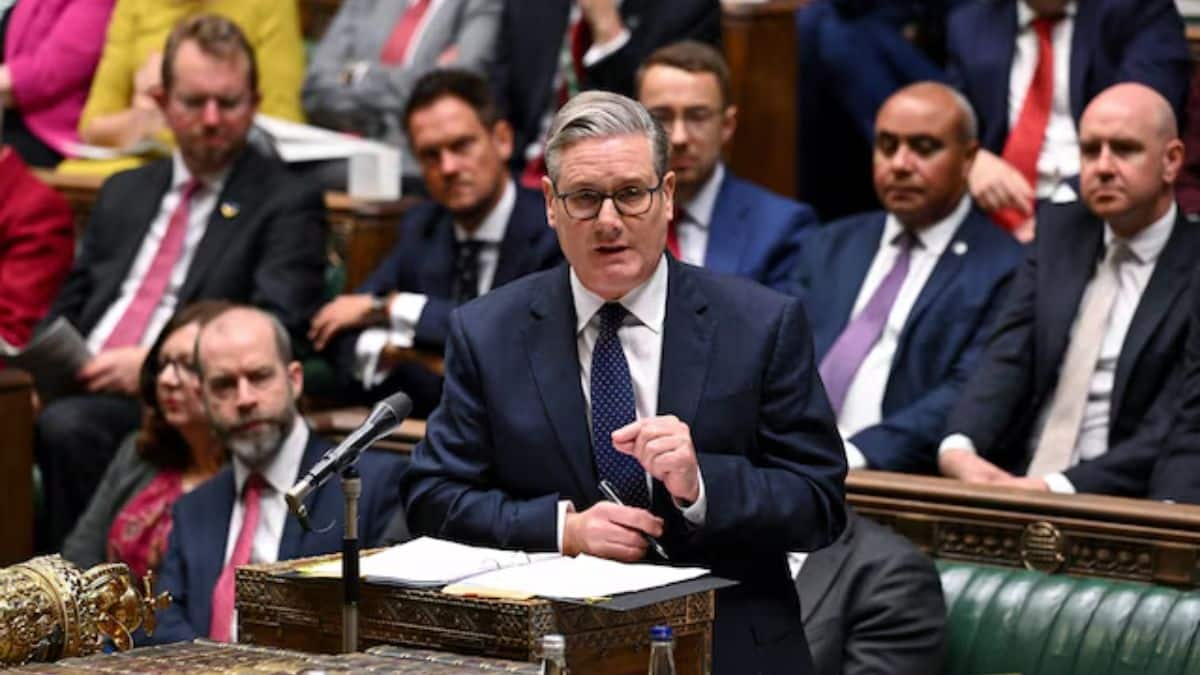
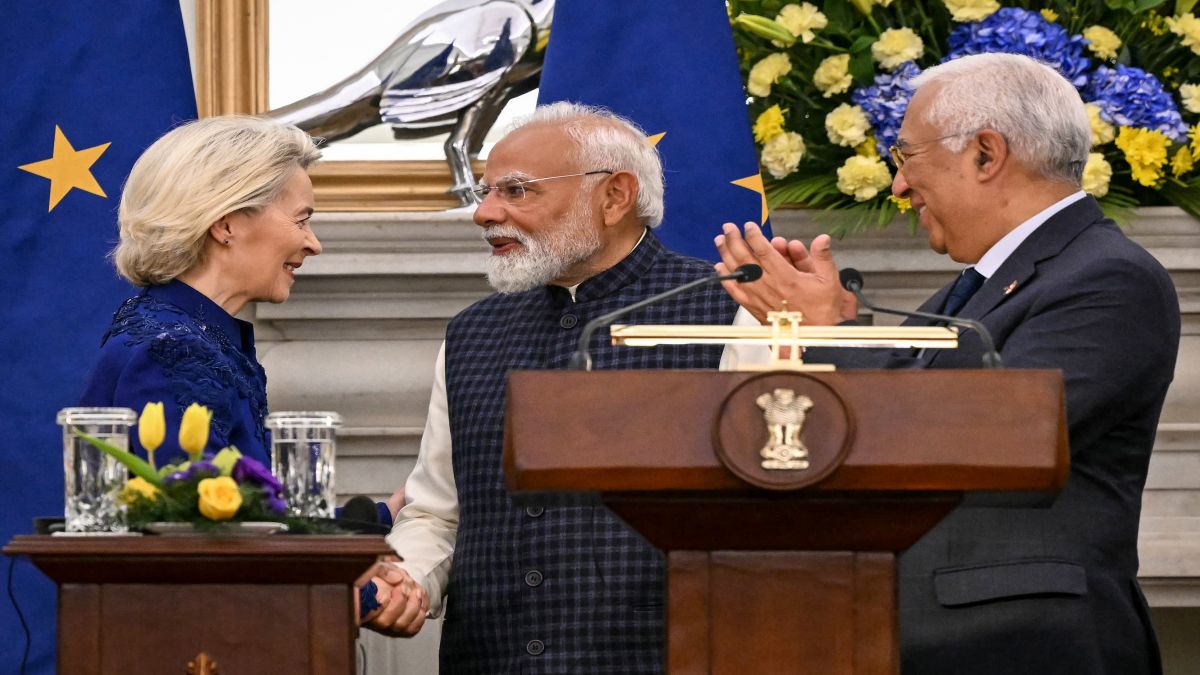)
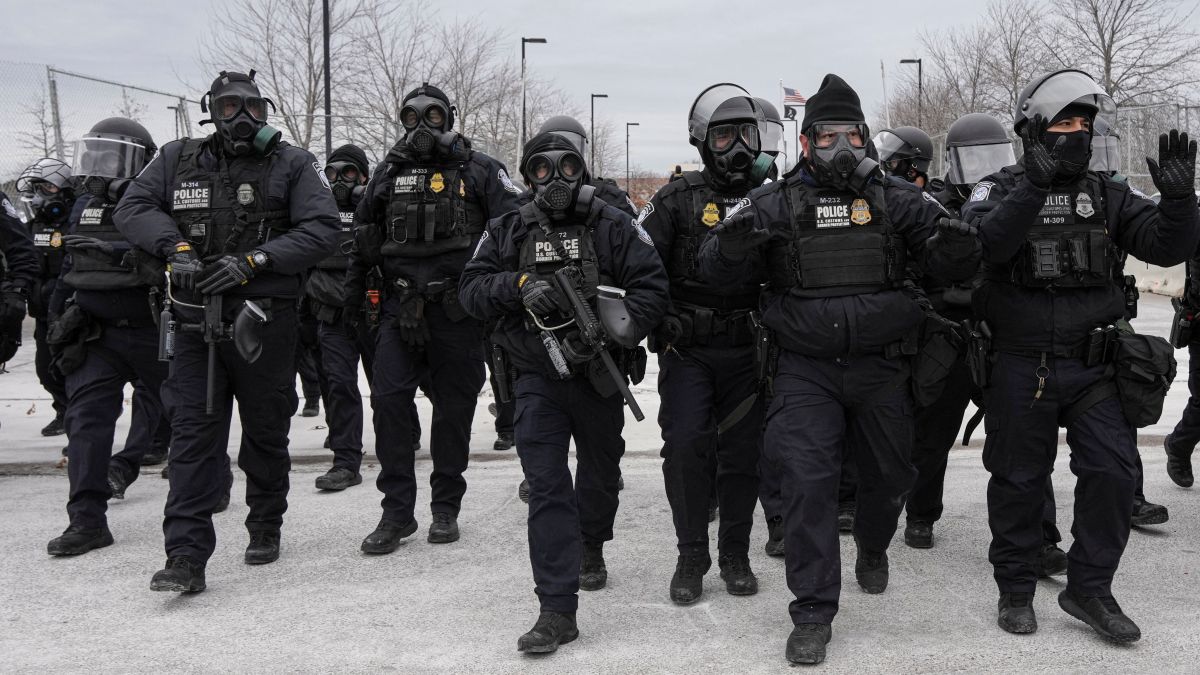)
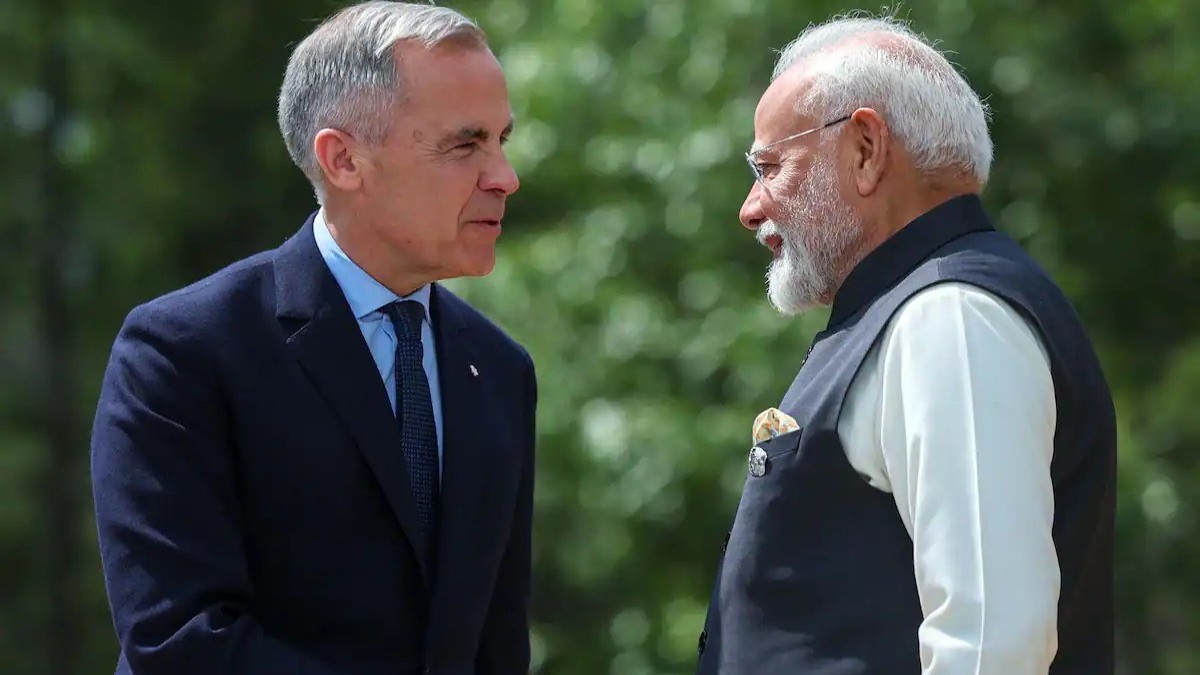)
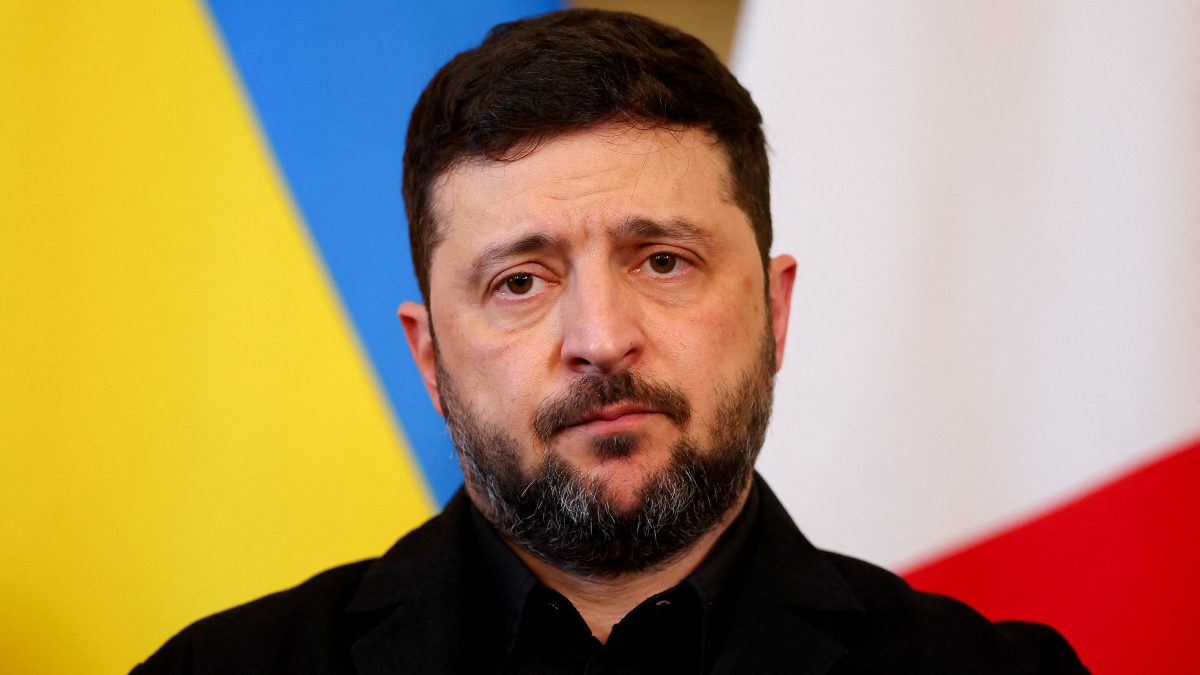)
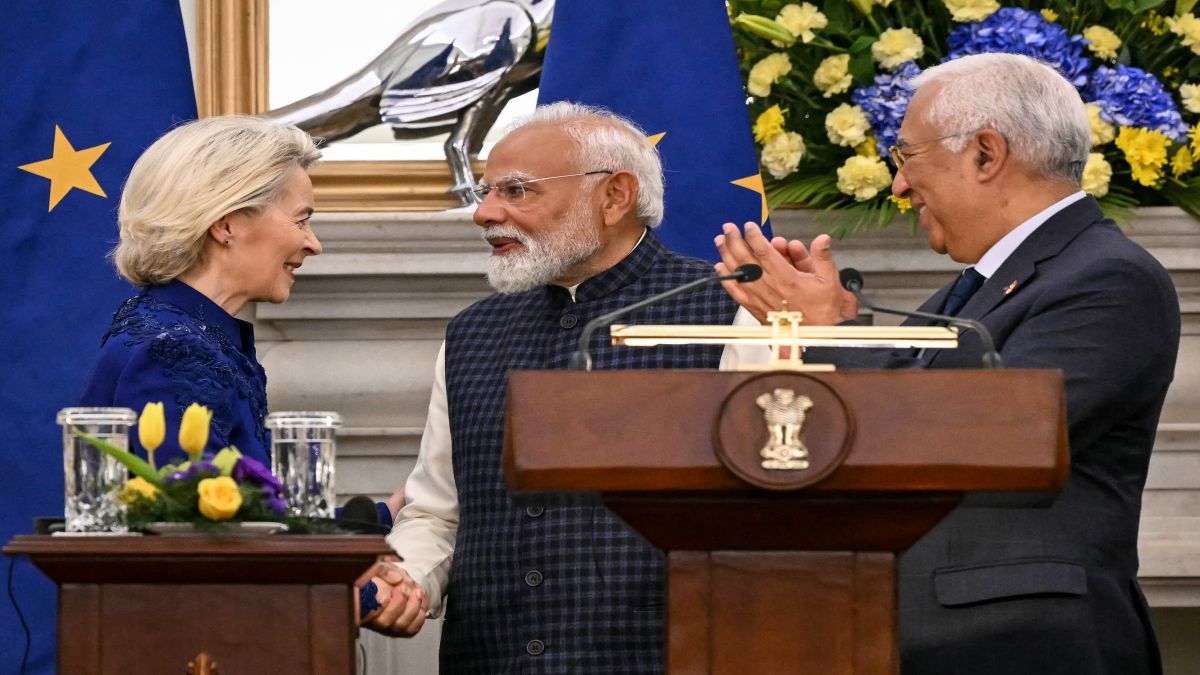)
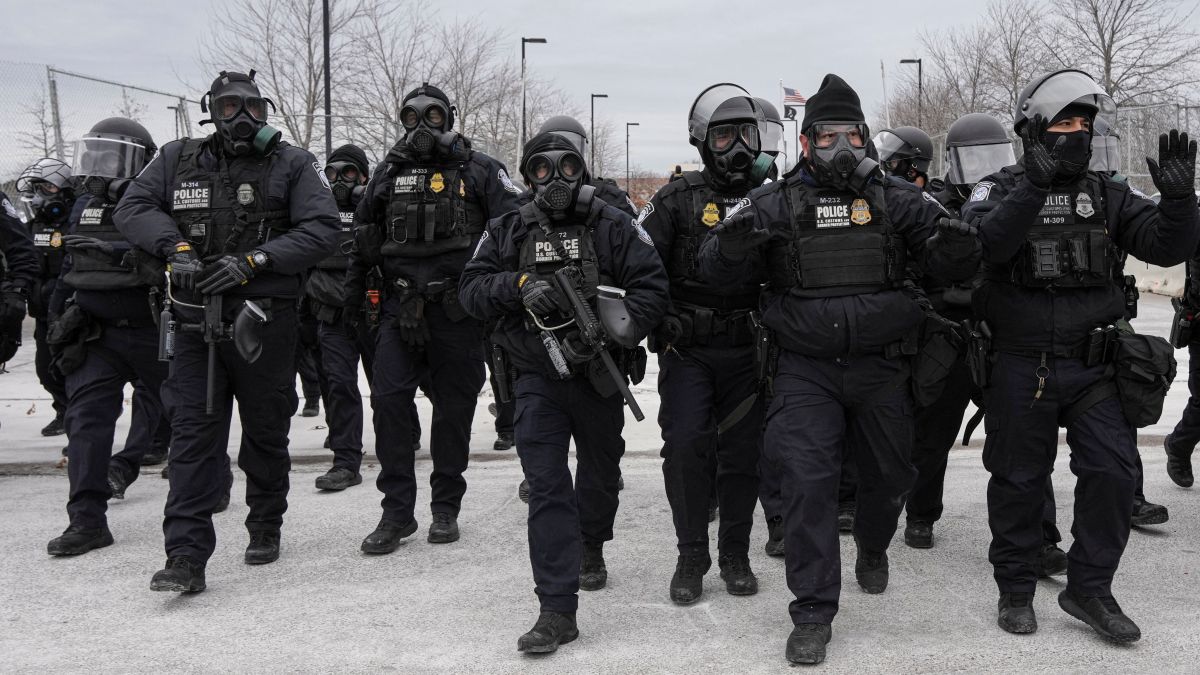)
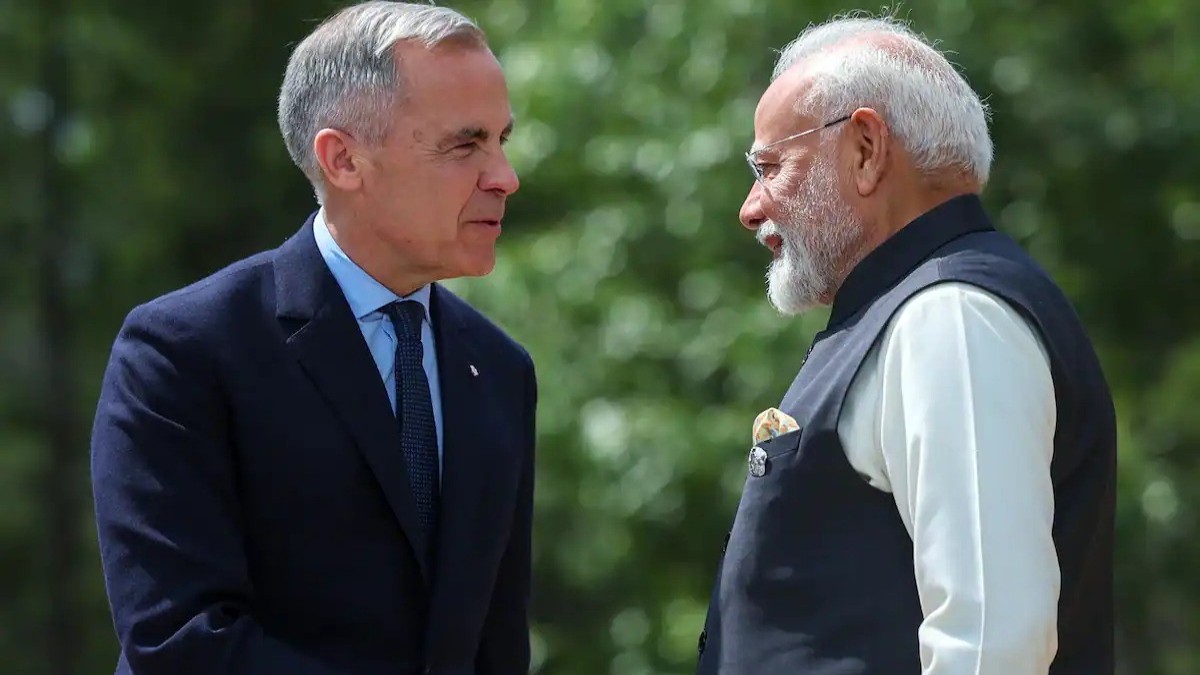)
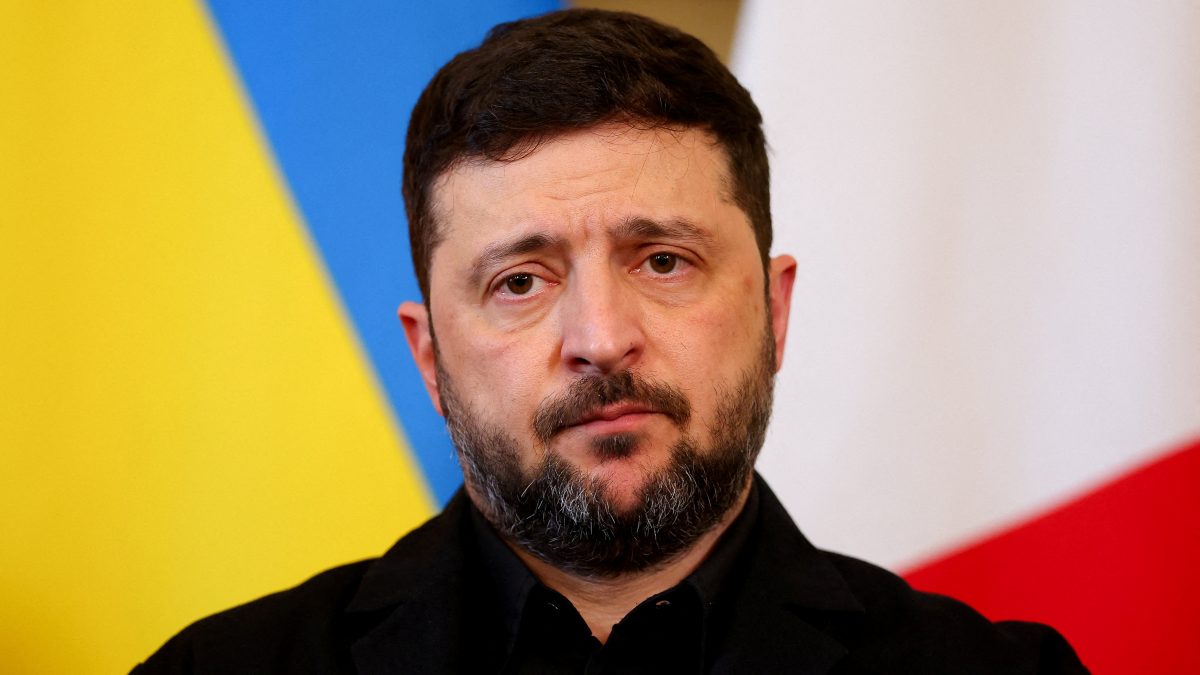)



